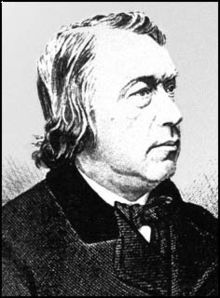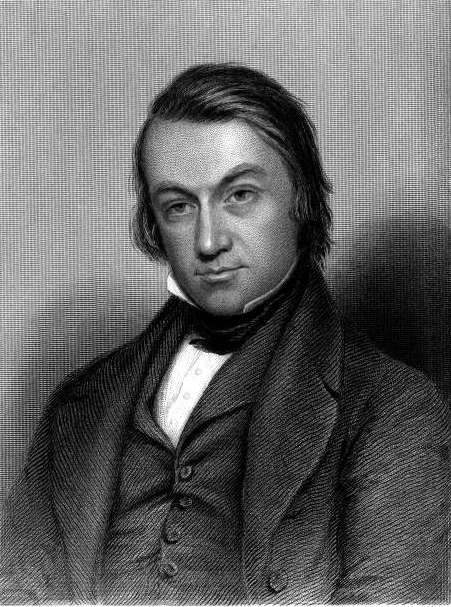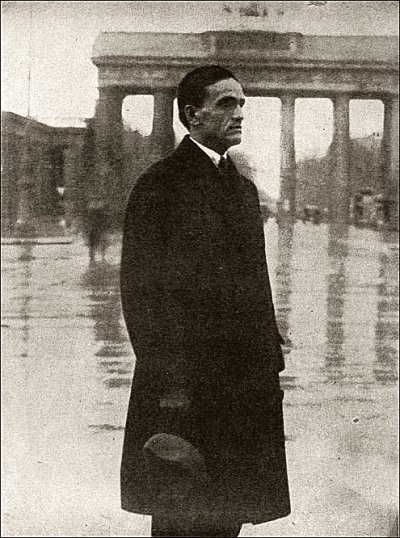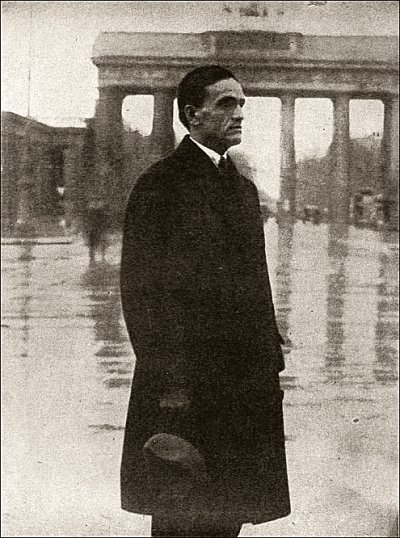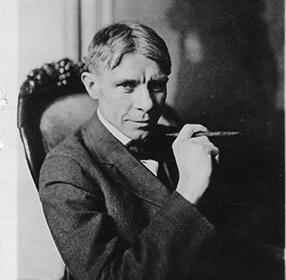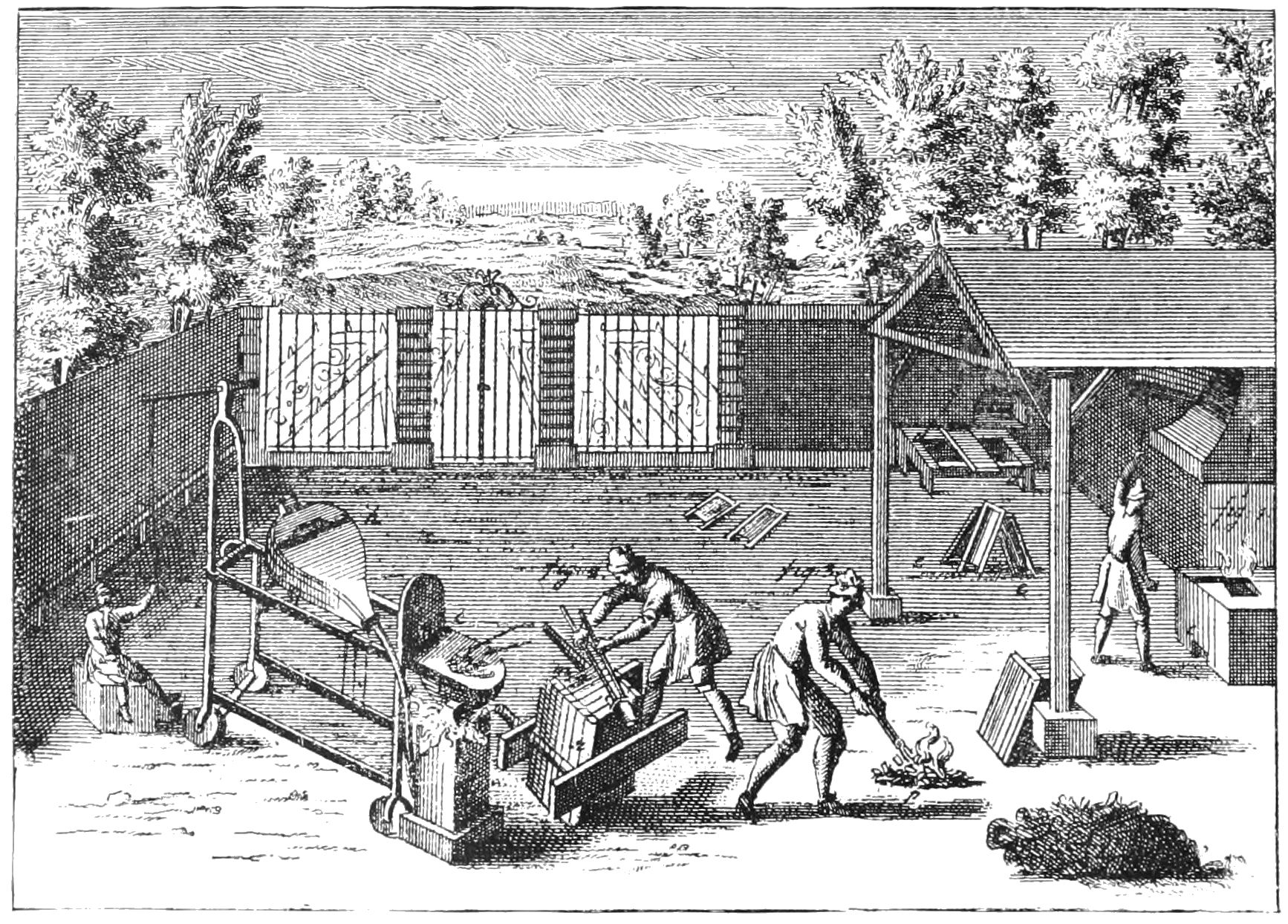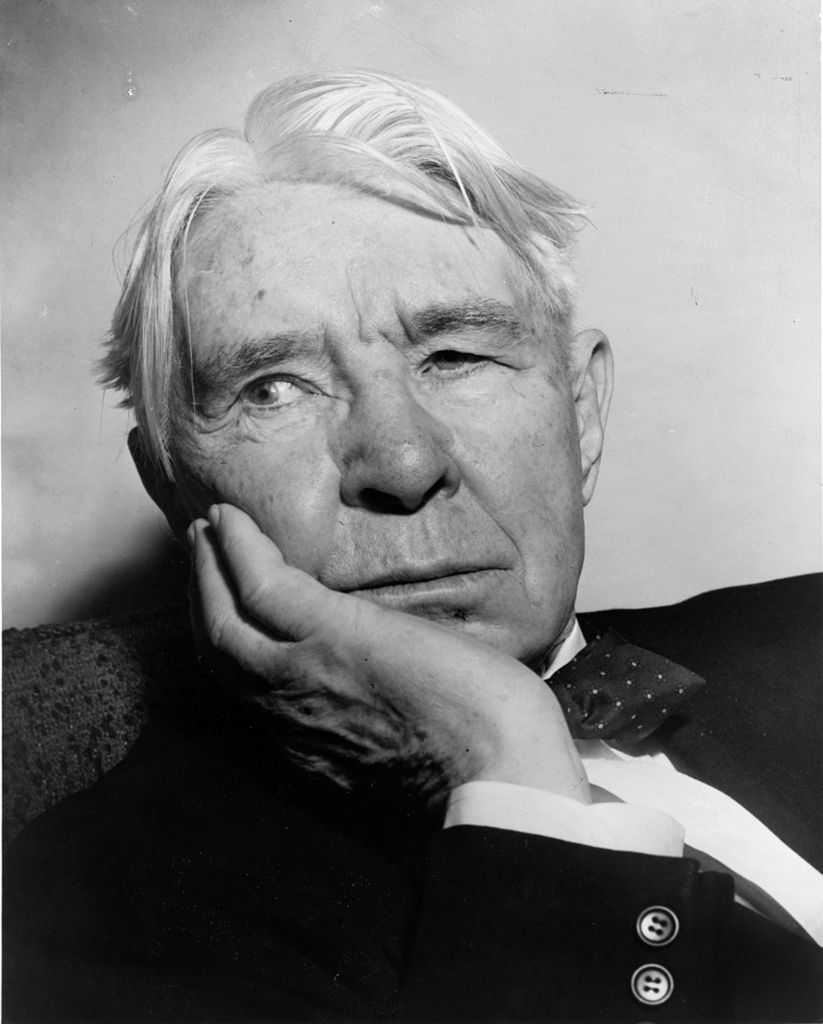About the Poet:
Henry Charles Bukowski (August 16, 1920- March, 1994) was a German poet born in America. He was not only a poet but also a novelist, and a short story writer. His writing was greatly influenced by the social, cultural and economic environment of his home city in Los Angeles. His poems would largely include themes of the poor lives of the American rural classes, alcohol, relationships with women, and the drudgery of work. His work is described by many as that of a realist with dark tones to his poems and a sense of escapism, alienation, depression, and loneliness.
Introduction to the poem:
The poem is the story of the narrator who has worked at a post office for eleven and a half years and changes his perspective on his profession when a colleague discusses with him about the competitive and sorrowful nature of the work ethics followed in his office. He realizes his plight and takes actions that indiscreetly asks of him to avoid coming back to his office and thus, he manages to escape the terrible fate that he would have to deal with if he continued to work there.
Setting of The Great Escape:
The poem is a comical occurrence that happens after an employee at a post office learns about the events that unfold after crabs are kept in a bucket. The poem is set inside a postal office where a clerk is in conversation with the narrator. The first half of the poem is set in first person as a story told by the narrator and some sentences of the poem seem to be a part of their conversation, only until the portion where the narrator “climbs right up the supervisor” and then “pulls himself right out of there”. He later states how he narrowly escaped his doom. Since he had worked there for quite a long period, he did look back on that day 5 to 6 times but that was until he changed his mind-set all together.
Poetic Devices in The Great Escape:
Alliterations:
Line 1:” bunch of crabs in a bucket”
Line 5: “well, what happens is”
Line 8: “begin to climb toward the top of the bucket”
Line 15: “this job is just like that”
Line 31: “reached up and pulled myself right out”
Line 37: “thought about that place”
Simile:
Line 5 to 14: “well what happens is that now and then
One crab
Will climb toward the top of the
Bucket,
Then, just as he’s about to escape
Another crab grabs him and pulls him
Back
Down,
Really? I asked.
Really, he said, and this job is just like that”
Personification/ Metaphor:
Line 28 to 32: “I got up off my stool and climbed right up
the
supervisor
and then I reached up and pulled myself
right
out of there.”
Symbolism:
The phrase “I got up my stool and climbed right up the supervisor” means that he belted his supervisor and lashed him out. The phrase “and then I reached up and pulled myself out of there” means that the narrator stopped himself and exited the premises before anybody else made the next move. The term “before I switched to lobster” symbolises the narrator’s change of career and mind-set after he left his eleven yearlong profession at the post office.
Summary of The Great Escape:
He informs the narrator about the shallow nature of the postal service sector where no one lets anyone get ahead of one other. Listening to this sad truth, the narrator devises a trick of his own to get out of the rat race that he put himself into. He executes his plan skilfully without getting anyone to make out his hidden motives. The narrator, having worked there for more than a decade, does accept his attempts at looking back and deciding to go back to what used to be his work place, but later does change his mind and has never looked back since.
Critical Analysis of The Great Escape:
The Great Escape is Charles Bukowski’s attempt at exploring a world beyond the pain stricken tone that he talks about in most of his other poems. This is a poem with a tinge of comedy of how things unfold along with a moral of wanting to go in the right direction and the path will be made for you. Like most of Bukowski’s poems, there is no rhyme scheme or any kind of standardization to the sentences of the poem. Bukowski takes this poem from a one on one conversation to a different tense all together.
Central Idea of The Great Escape:
The poem focuses on the narrator who has worked in a postal office till about 11 and a half years of his life and is told of the competitive nature of crabs by his colleague one day. He narrates to him how no crab lets the other get out when all are placed in a bucket together, and the office is a similar environment where nobody moves ahead without being pulled down by another. The narrator is aghast at this news and devises his own plan to escape the new found rat race. He even pulls it off without anyone’s suspicion and moves on in life, only having to look back a few times before he turns his life around.
Tone of The Great Escape:
The poem begins with the narrator is in a conversation with his colleague of 11 and a half years who compares the office environment to be like that of a bucket of crabs, no one lets the other move ahead without pulling them down. The narrator devises a plan to escape this trap right then and there when their supervisor asks them to not make any noise. He then belts his supervisor and escapes, fooling the employees of the escape from the trap, disguised as an escape from punishment.
Conclusion:
The poem “The Great Escape” is about a postal office employee who escapes a trap of a workplace in an indiscreet manner after his knowledge about its dangers. He keeps his motives hidden and they are revealed to the reader only until much later when he decides after several attempts, on never looking back. The story told in this poem indulges you in a comical adventure that the narrator undertakes to get out of the sand pit that he is sinking deeper and deeper into. It gives a certain kind of hope to the readers about always keeping faith of breaking out of bad company and how it will always seem to work out in the end.
Contributor: Deeksha Honawar
Some online learning platforms provide certifications, while others are designed to simply grow your skills in your personal and professional life. Including Masterclass and Coursera, here are our recommendations for the best online learning platforms you can sign up for today.
The 7 Best Online Learning Platforms of 2022
- Best Overall: Coursera
- Best for Niche Topics: Udemy
- Best for Creative Fields: Skillshare
- Best for Celebrity Lessons: MasterClass
- Best for STEM: EdX
- Best for Career Building: Udacity
- Best for Data Learning: Pluralsight

